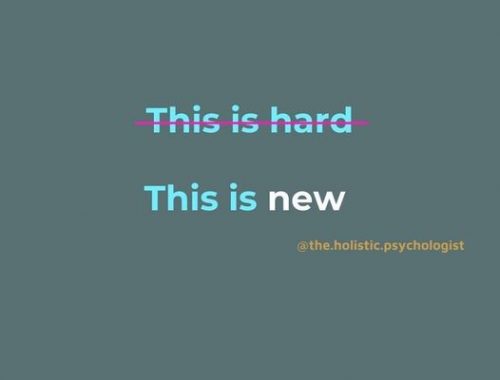What does demonstrating value mean?
Recently, I have been contemplating why I think it’s so important to be able to demonstrate value when working in communications.
It is the purpose of my business but I realised I have never really articulated what it means to me before.
I have written before about feeling undervalued, the perception that your advice is not heard, and your services not appreciated. If you are motivated by being able to help, solve a problem or being recognised, there are days working in communications that can be tough.
I guess you could just potter along and work in a team where you are constantly in an uphill struggle. Where you produce work that goes nowhere. Attend meetings where your opinion isn’t heard. Just make things pretty but add no strategic value.
But is this really why you got into communications? Will it satisfy you every day?
I am pretty sure most of you just said NO. You can whine and complain about it, or you can do something about it.
I think I am valued. I guess it’s easier to measure now being a consultant. My clients come to me because they need communications support and there is a monetary value to what I do. I know it’s different when you work in-house.
On reflection, when working in government I think my team was valued (although some days we didn’t feel it). In trying to consider what it means to be valued, I thought about what it looked like when I felt valued inhouse.
- We had a “seat at the table” – I was part of the executive group and often made appearances at our senior leadership team and board meetings. Defining what a seat at the table is can be hard but for me it is the place where decisions are made and you can influence the outcomes.
- We were invited to meetings – sometimes too many meetings, sometimes too early, often too late but at least we were there. Many people weren’t invited at all.
- We were part of project boards and taskforce groups – this was always on top of our other workloads and at times overwhelming, but it meant we got to help drive the direction of projects and see what was coming around the corner.
- We were asked for our opinion – I remember sitting in a particular high-level decision meeting and being asked my opinion by our CEO on how a particular course of action would impact our clients, be perceived by the market and reported in the media. I knew at that moment our advice was respected in the organisation.
- We were able to push back and demand changes (not always successfully) – we were not the team that made things pretty! If we thought a communications product or approach could be better, we said so. If someone could use a template we provided it to them. We didn’t fight every battle, but when we did, we were heard and sometimes even won…not every time.
- We had a level of control and autonomy – we ran the communications channels for the organisation. Despite some days feeling like we had no control, in comparison to other teams we actually had quite a lot of autonomy and were able to have direct influence over how these channels were run.
In short, we were very lucky. I am sure many of my team members didn’t always feel this but having worked with a wide range of organisations in the past 12 months we were very lucky.
I am sure many of you are thinking well that’s great but how do I get that…How do you get people to value you?
- Deliver great customer service – Never underestimate how much providing good customer service can help build trust and respect in an organisation. Answer the phone promptly, respond to emails, and deliver what you say you well – it goes a long way.
- Always operate in a professional and respectful way – The way you interact with colleagues no matter how difficult they are will influence how much you are valued within an organisation. If you have a reputation as being difficult to deal with, prickly or lazy, then your input will be devalued no matter how good it is.
- Be willing to go over and above – This was key for me when establishing a new communications function. We didn’t just do what was asked of us, we did more, every time. This was partly out of pride for our work but also because we knew that in every interaction we had with people we had to prove ourselves.
- Fight the good fight – Yes it’s hard, but you can’t fight everything, and you won’t win everything. Rather than spending your day fighting every single battle, pick your fights and identify those things you can let go of. You don’t want to be known as the person that argues about everything (even if you know you’re right!).
- Be present – You can’t fight for “a seat at the table” and then not show up. No matter how busy you are, find a way to make it all work. If you aren’t participating in the room, how can your opinion be heard.
- Demonstrate outcomes with data – If you want to prove that communications
adds value to your organisation you need to know what you are setting out to achieve, measure the outcomes and tell people the results. Like any other area of the business if you are not achieving outcomes, then questions will be raised about why you should continue to be funded, resourced and valued. - Yell from the rooftops – Finally, if you don’t sell yourself (as the comms team) who will? Talk about your wins, share case studies, celebrate your success, apply for awards. This is not the profession to be the “quiet achiever”. I didn’t do this enough when I managed my government team, and I wish I had done more of it.
This is a long game. People won’t professionally respect you and value your advice on day one. You need to build trust and demonstrate you’re worthy.
Then when you move to a new organisation or
I don’t have all of the answers, but I think together we can create a profession that is better respected. One that is seen as a profession, not just a service. You are strategic not just pretty. Where communications managers are part of the Executive team, not just a corporate service.
The people best placed to make this change is us.

